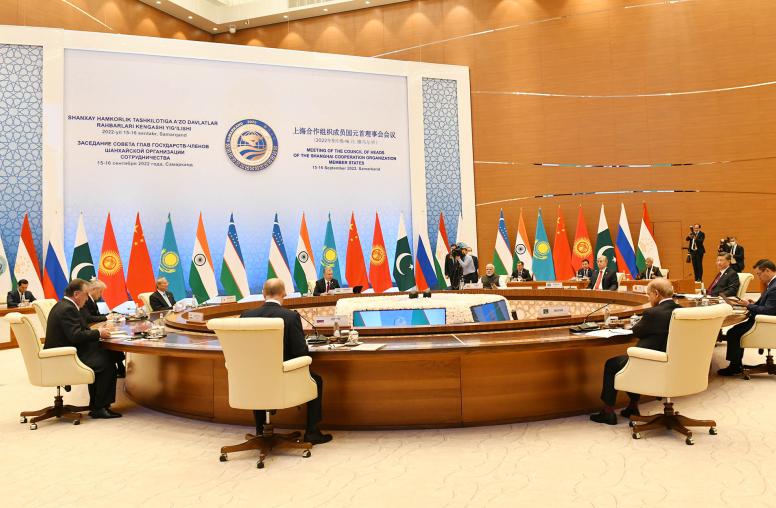Preventing Violent Extremism in Kyrgyzstan
Kyrgyzstan is the only country in Central Asia that has seen significant political transition since the breakup of the Soviet Union in 1991, having twice—in 2005 and 2010—overthrown autocrats in violent uprisings. At the same time, its new democratic institutions, elected leaders, and multiparty parliament make it a test case for political liberalization. If its political system fails or the country falls apart, so will the first democratic experiment in Central Asia. Concerns within Kyrgyzstan are that underlying socioeconomic conditions and a lack of public services—combined with other factors, such as drug trafficking, political manipulation, regional instability, and imported religious ideologies—create an environment in which violent extremism can flourish. This report offers perspectives on the national and regional dynamics of violent extremism and what might be done to prevent it in Kyrgyzstan.
Summary
- Kyrgyzstan, having twice overthrown autocratic leaders in violent uprisings, in 2005 and again in 2010, is the most politically open and democratic country in Central Asia.
- Many Kyrgyz observers remain concerned about the country’s future. They fear that underlying socioeconomic conditions and lack of public services—combined with other factors, such as drug trafficking from Afghanistan, political manipulation, regional instability in former Soviet Union countries and Afghanistan, and foreign-imported religious ideologies—create an environment in which violent extremism can flourish.
- One of the fault lines occurring among its population of 5.7 million is between those who value the Soviet legacy of secularism, svetski in Russian, and an emerging generation that sees Islam as a core part of its identity. The mistrust between these two constituencies prevents them from addressing a mutually recognized problem: the grassroots radicalization of young men and women, especially in Fergana Valley.
- The polarizing influences of hyper-ethnic nationalists and uneducated and often unaccredited religious leaders is particularly worrisome for women, whose status has become marginalized over the past two decades. Extremist notions with regard to limited women’s rights are a bellwether for instability down the road.
- A long-term strategy to counter violent extremism in Kyrgyzstan requires finding common ground between leaders and influential members of the secular and religious constituencies. Together they can develop strategies to foster a national identity inclusive of diverse religious creeds and ethnic backgrounds and to challenge extremist ideas on religious, moral, and cultural grounds.
- To offset pressures from Russia and China, its larger neighbors to the north and east, more coherent efforts are needed to find effective practices in countering violent extremism between Kyrgyzstan and its immediate neighbors, such as Kazakhstan, that involve other regional actors and institutions, including the Organization for Security and Co-operation in Europe (OSCE).
About the Report
This report offers perspectives on the national and regional dynamics of violent extremism with respect to Kyrgyzstan. Derived from a study supported by the United States Institute of Peace (USIP) to explore the potential for violent extremism in Central Asia, it is based on extensive interviews and a countrywide Peace Game with university students at Kyrgyz National University in June 2014.
About the Authors
Jacob Zenn is an analyst on Eurasian and African affairs, a legal adviser on international law and best practices related to civil society and freedom of association, and a nonresident research fellow at the Center of Shanghai Cooperation Organization Studies in China, the Center of Security Programs in Kazakhstan, and The Jamestown Foundation in Washington, DC. Dr. Kathleen Kuehnast is a sociocultural anthropologist and an expert on Kyrgyzstan, where she conducted field work in the early 1990s. An adviser on the Central Asia Fellows Program at the Elliott School of International Affairs at George Washington University, she is a member of the Council on Foreign Relations and has directed the Center for Gender and Peacebuilding at USIP since 2009.



